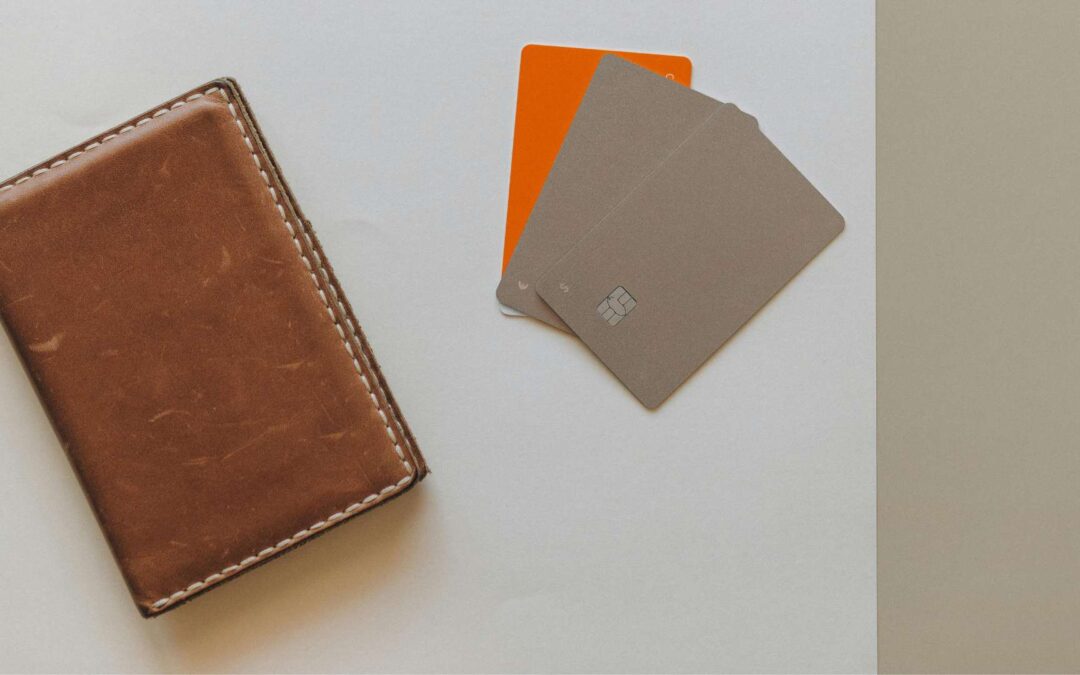Whether you’re setting up a small startup or expanding an existing business, having a dedicated business account will help you stay organised, separate your personal and business finances, and build your business credit. However, while the process may seem simple, getting your business bank account approved quickly can be a challenge.
1. Choose the Right Bank and Account Type
The first step to getting your business bank account approved quickly is choosing the right bank. Not all banks have the same requirements or processing times, so it’s important to pick a bank that suits your business needs and has a straightforward application process. There are two main types of business accounts you can open:
Traditional Banks: Big banks like Barclays, NatWest, and HSBC typically offer a wide range of business banking services. However, their approval process might take longer due to their stricter regulations and higher due diligence standards.
Challenger Banks: Newer, tech-driven banks like Monzo, Tide, or Anna are becoming increasingly popular with small businesses due to their faster application processes and lower fees. These banks tend to be more flexible and customer-friendly, making them a good option if you want to get approved quickly.
Make sure you consider factors like fees, account features, and customer service when choosing your bank. If you’re a small business or freelancer, a digital challenger bank might be the faster option.
2. Gather All the Necessary Documents
To avoid delays, make sure you have all the required documentation before starting your application. Banks will typically ask for the following:
- Proof of identity: A valid passport, driving license, or national ID card.
- Proof of address: Utility bills, council tax statements, or a recent bank statement.
- Company documents: Your company’s registration documents or Partnership Agreement (for partnerships).
- Proof of business ownership: Details of the company’s directors, shareholders, and Persons of Significant Control (PSC) (if applicable).
- EIN (Employer Identification Number): If you’re in the UK, this will be your VAT registration number or your business tax reference number.
- Operating address: A physical address where your business is located (this can be your home address if you run the business from home).
Having these documents ready and in the correct format will speed up the process and reduce the chances of your application being delayed.

3. Provide Accurate and Complete Information
Banks will verify all the information you submit, so it’s crucial to be accurate. One common reason for delays is the submission of incomplete or incorrect details. Double-check that all the information is up to date and accurate, especially when it comes to the company’s legal name, directors, and shareholders.
Many business bank application forms also ask about the nature of your business. Be prepared to answer questions such as :
- What type of business do you run?
- How will you use the business account?
- Who will have access to the account?
- What are your expected monthly transactions?
Make sure to answer these questions clearly and truthfully. Misleading or vague answers can raise red flags and slow down the approval process.
4. Be Transparent About Your Business Activities
Banks need to know what your business does to ensure it complies with financial regulations. Be transparent about the industry your business operates in and any other details that might help the bank assess your application. For example, if you’re in a high-risk industry such as gambling, adult services, or crypto, you may face more scrutiny during the approval process.
To avoid delays, make sure to provide as much information as possible to explain the nature of your business. If your business operates in a higher-risk sector, banks may ask for additional documents or information, but being upfront about this can help you avoid unnecessary delays.
5. Choose a Business Structure That Banks Understand
The business structure you choose can affect how quickly your bank account gets approved. In the UK, there are a few common business structures, such as sole trader, limited company (Ltd), or partnership. For example:
- Sole Traders: Typically, banks find it easier to approve sole traders because there is less complexity in terms of ownership and structure. However, you’ll need to ensure that you have a personal guarantee or provide extra documentation for verification.
- Limited Companies: Limited companies usually face a longer approval process since banks need to verify more details, such as the business’s Articles of Association, and the company’s directors and shareholders.
- Partnerships: Partnerships may require you to submit partnership agreements and details of each partner, which could take extra time to verify.
The more straightforward your business structure, the easier it will be for the bank to verify and approve your application quickly.
6. Avoid High-Risk Business Areas
Banks are especially cautious when dealing with businesses in high-risk or unregulated sectors. Industries like gambling, adult entertainment, or cryptocurrency often face additional scrutiny because of the potential for fraud or money laundering.
If your business operates in a high-risk industry, make sure to research which banks are more likely to accept your application. Some banks specialise in working with businesses in these sectors and may have a streamlined process for approvals.
In some cases, it may help to approach a bank with experience working with high-risk businesses, as they may be more familiar with the required checks and documentation.
7. Have a Clean Financial History
Your personal and business financial history plays a crucial role in whether your account gets approved quickly. If you or your business has a history of bankruptcy, outstanding debts, or financial irregularities, banks may flag your application for further review.
To avoid delays, it’s important to maintain a clean financial record. If you’ve had any previous financial issues, be transparent with the bank and provide an explanation. Many banks are willing to work with businesses that have had past difficulties, but they will want to see that you’ve taken steps to improve your financial situation.
8. Consider Online and Automated Banks
If you’re in a hurry to get your business account approved, online and digital-first banks can be the best option. Banks like Monzo, Tide, and Revolut offer quick account openings, with some offering approval within just a few hours. These banks tend to have simpler application processes, more automation, and fewer paperwork requirements, making them ideal for businesses that need a quick account setup.
The trade-off, however, is that these banks may offer fewer traditional banking services compared to legacy banks, so ensure they meet your business needs.

9. Prepare for Know Your Business (KYB) Checks
Once you submit your application, the bank will typically carry out Know Your Business (KYB) checks. This is part of the bank’s due diligence process, where they verify the legitimacy of your business. The KYB process involves checks against public records, verifying the identity of directors and beneficial owners, and sometimes confirming that your business doesn’t have any connections to illegal activities or sanctioned countries.
To avoid delays during this process, make sure your business’s registration details are up to date with Companies House (or the relevant authority in your country). Having everything in order before you submit your application can help speed up the verification process.
10. Follow Up Regularly
After submitting your application, it’s a good idea to follow up regularly with the bank to ensure everything is on track. If the bank needs more information or clarification, providing it quickly can help prevent delays. Staying proactive in the process will show the bank that you’re serious and committed to getting your business up and running.
Bottom line
Opening a business bank account doesn’t have to be a lengthy process if you take the right steps. By choosing the right bank, preparing all necessary documentation, and being transparent about your business activities, you can significantly speed up the approval process.
Make sure to avoid common pitfalls, such as submitting incomplete information or choosing a high-risk business structure, to increase your chances of a smooth and quick approval.
Remember that having a dedicated business bank account isn’t just a legal requirement—it’s a tool for managing your finances, protecting your assets, and building your business’s credibility. So, plan ahead, stay organised, and you’ll be well on your way to getting your business bank account approved in no time!
Need more information? Book a free consultation with our specialists today!
Check out our article “Card Processing Solutions for High-Risk Merchants in 2025” to stay updated on the latest industry trends.
Disclaimer
Widelia and its affiliates do not provide tax, investment, legal or accounting advice. Material on this page has been prepared for informational purposes only, and is not intended to provide, and should not be relied on for, tax, investment, legal or accounting advice. You should consult your own tax, legal and accounting advisors before engaging in any transaction. Please consult https://widelia.com/disclaimer/ for more information.









